Affordable housing initiatives in the Dallas-Fort Worth area
The issue of affordable housing is a pressing concern in the Dallas-Fort Worth (DFW) area, where rapid population growth and rising housing costs have created significant challenges for low- and moderate-income residents. In response to this crisis, various initiatives and programs have been implemented to increase access to affordable housing options. This article will explore the affordable housing landscape in the DFW area, highlighting key initiatives, strategies, and organizations working to address this critical issue.
Understanding the Affordable Housing Crisis
The DFW area has experienced robust economic growth in recent years, attracting a surge of newcomers seeking job opportunities and a high quality of life. However, this growth has also contributed to a housing affordability crisis, with many residents struggling to find affordable housing options. Skyrocketing rents and home prices have outpaced wage growth, exacerbating the problem for low- and middle-income households.
Government Initiatives and Programs
To address the affordable housing crisis, local governments in the DFW area have implemented various initiatives and programs aimed at increasing access to affordable housing. These initiatives often involve partnerships with developers, non-profit organizations, and financial institutions to create affordable housing developments and provide financial assistance to eligible residents.
Housing Trust Funds
Several cities in the DFW area have established housing trust funds to support affordable housing initiatives. These funds are typically financed through a combination of public and private sources and are used to provide grants, loans, and other financial incentives to developers and organizations working on affordable housing projects. By leveraging these funds, cities can maximize their impact and create more affordable housing opportunities for residents.
Inclusionary Zoning Policies
Inclusionary zoning policies require developers to set aside a certain percentage of units in new residential developments for affordable housing purposes. These policies are designed to promote socioeconomic diversity and ensure that affordable housing options are integrated into all neighborhoods, regardless of income levels. In the DFW area, some cities have adopted inclusionary zoning policies as part of their broader efforts to address the affordable housing crisis.
Non-Profit Organizations and Community Development Corporations
Non-profit organizations and community development corporations (CDCs) play a crucial role in addressing the affordable housing needs of underserved communities in the DFW area. These organizations often specialize in developing and managing affordable housing properties, providing housing counseling services, and advocating for policies that promote affordable housing affordability. By partnering with local governments, developers, and other stakeholders, non-profit organizations and CDCs can leverage their expertise and resources to create lasting solutions to the affordable housing crisis.
Affordable Housing Financing Options
Access to affordable financing is essential for developers looking to create affordable housing developments in the DFW area. Fortunately, there are several financing options available to support these projects, including low-income housing tax credits, tax-exempt bonds, and grants from government agencies and philanthropic organizations. By leveraging these financing options, developers can overcome the financial barriers associated with affordable housing development and bring much-needed housing units to market.
Affordable housing initiatives in the Dallas-Fort Worth area are essential for ensuring that all residents have access to safe, stable, and affordable housing options. By leveraging government resources, partnering with non-profit organizations, and implementing innovative financing strategies, local governments and stakeholders can make significant progress in addressing the affordable housing crisis. However, continued collaboration and investment will be necessary to create sustainable solutions that meet the diverse needs of DFW residents now and in the future.
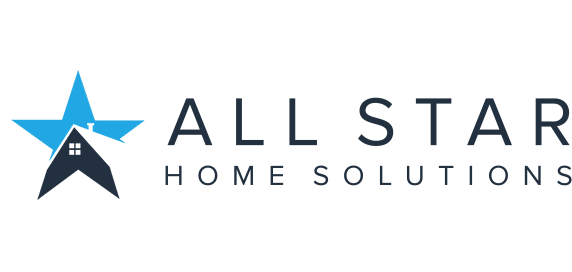
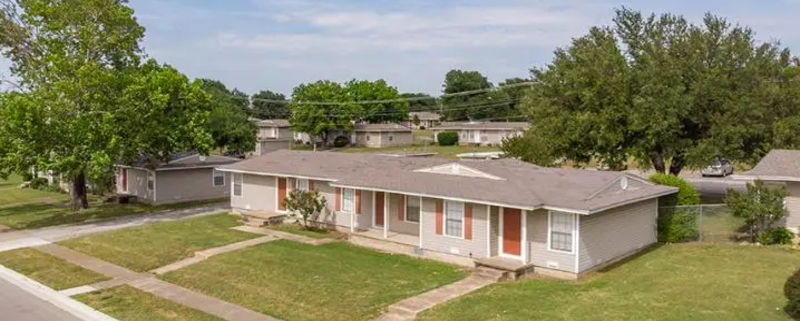



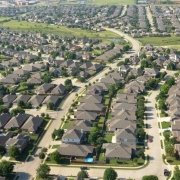

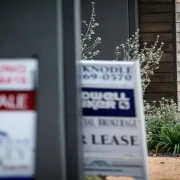

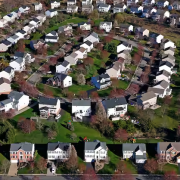






Leave a Reply
Want to join the discussion?Feel free to contribute!